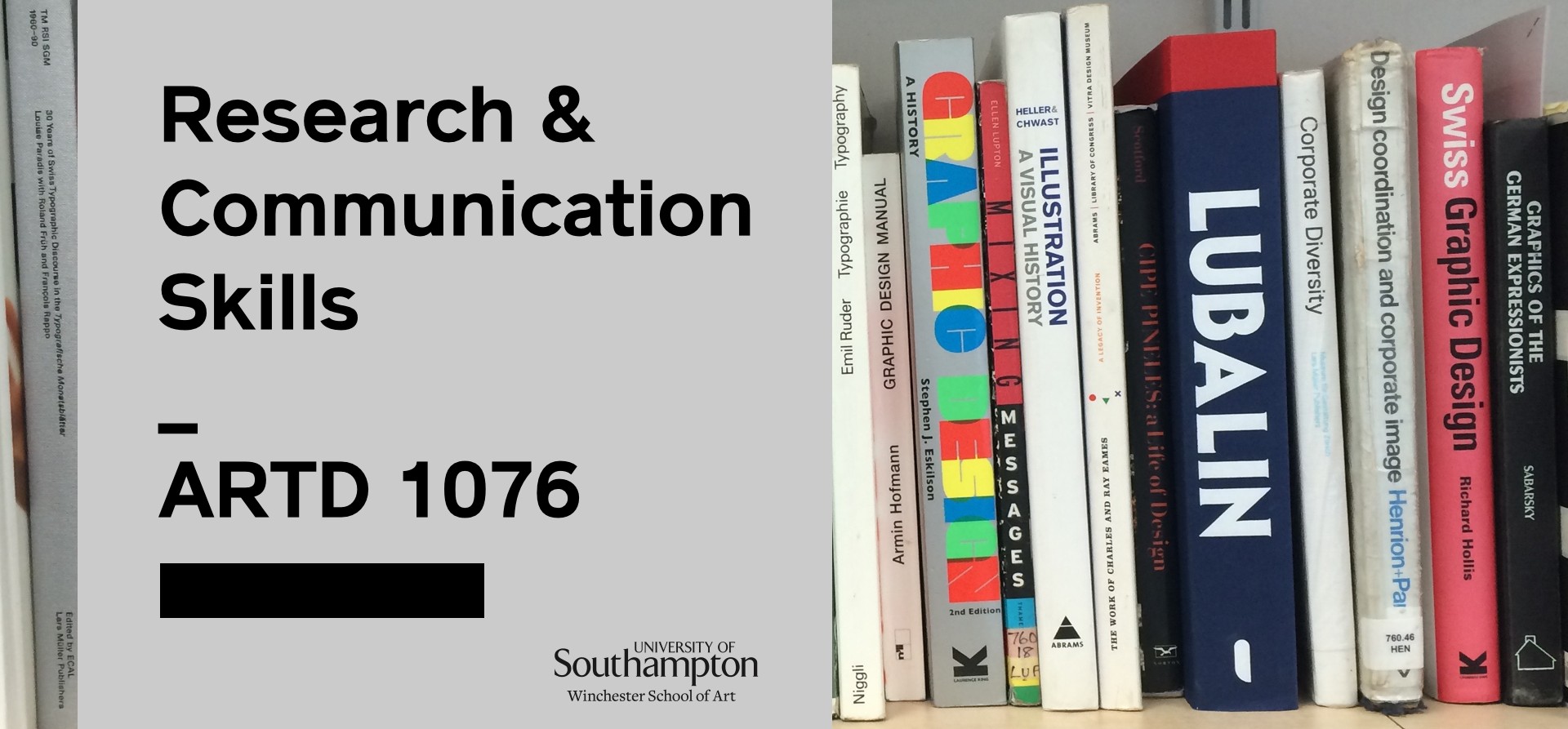Over the last semester I was tasked to produce essays on topics covered in lectures. With a 500 word limit per essay, I was terrified from the get-go, however the experience, not without its difficulties, has been enlightening in regards to my understanding as a game designer.
The first issue I had was that I would tend to choose the question pairs that I had the fullest understanding of without much research involved. Retrospectively I would have like to push myself a little more instead of staying in my comfort zone – it might have resulted in really interesting research that brought to light subjects I hadn’t considered before. That said, as the semester progressed, the quality of my research increased and deepened as I became more enthusiastic about what I was doing.
My process from lecture to end product was as such: I would take notes during the lectures (despite the slides being readily available to me I find I absorb more by re-processing what’s being discussed, and it gives me the ability to note down topics that I found particularly interesting), and then take to the internet when it came to doing the research. Admittedly, I never once used the library facilities, which is something I would really like to do in the future as I think it could unearth some unusual commentary on different subjects. By the last few essays, however, I was looking less at Wikipedia pages and more at scholarly articles and credible newspaper reports, which helped to further deepen my understanding through absorbing other people’s opinions.
Two subjects that took my particular interest, which are close-enough related that I’ll discuss them together, were HCI and AI. Whilst other topics such as the history of indie gaming really helped me to appreciate the context in which I’m currently playing and designing games, HCI and AI unpacked the actual logistics of the games I’ve played in the past – purely for fun – and helped me consider them in a more critical, intelligent way. Learning about HCI specifically helped me to appreciate what it is that makes a game “flow” for me, after all, “a well-designed interface makes the video game experience more fun” (Fox, 2005). My hope is that having a deeper understanding of these things will increase my integrity as a designer, having the ideas and opinions of other people in the industry under my belt.
The referencing of other’s work, however, was a bit of a challenge for me. I’m wildly opinionated, and while I am perfectly capable of crediting others for their contribution to those opinions, it’s not a habit for me, so this project was challenging in the way that it required me to back up my ideas with specific examples from others. If I were to do it again, I would include references from the start to achieve a more airtight argument.
I enjoyed this project. I think it stretched and challenged me, and while there are areas I could improve on I’m proud of the work I’ve produced and all the research that went along with it.
Reference list:
Fox, B. (2005) Game Interface Design. Thomson Course Technology PTR.
Helpful links:
https://pdfs.semanticscholar.org/4869/a9cc94292332faee0b9e741bc93419d155a5.pdf
